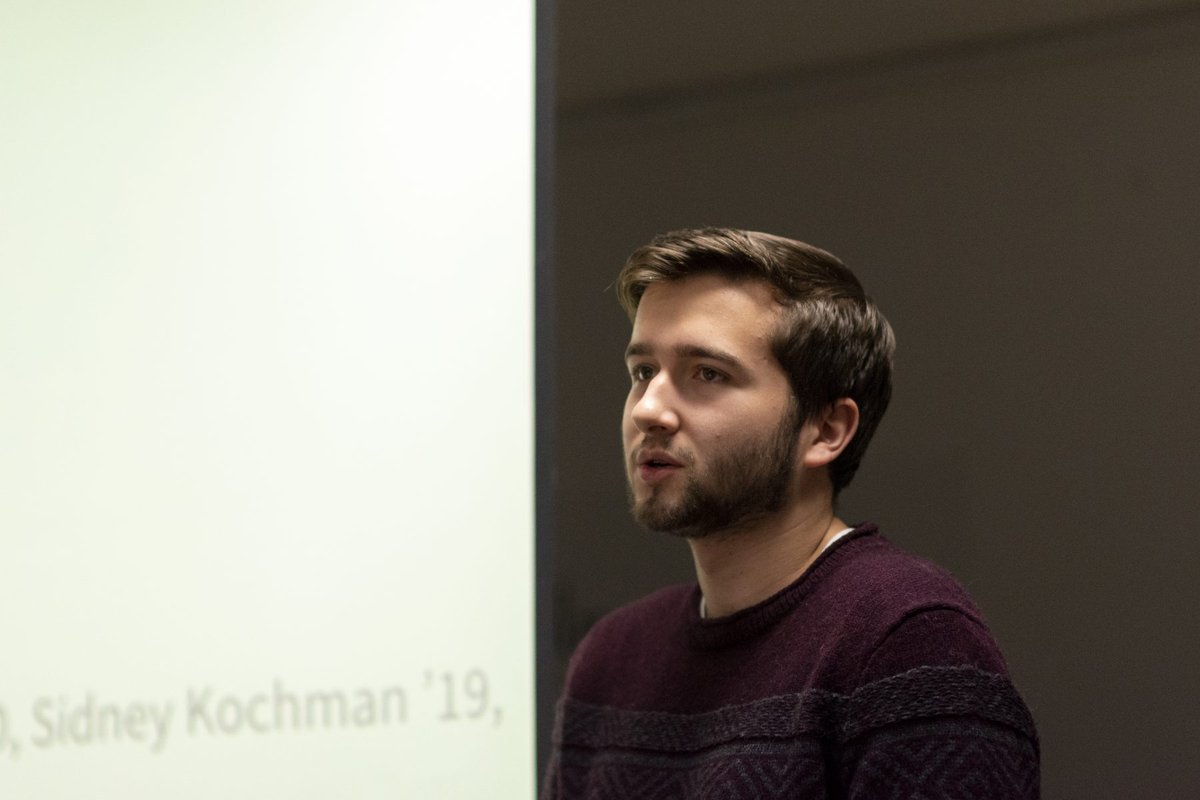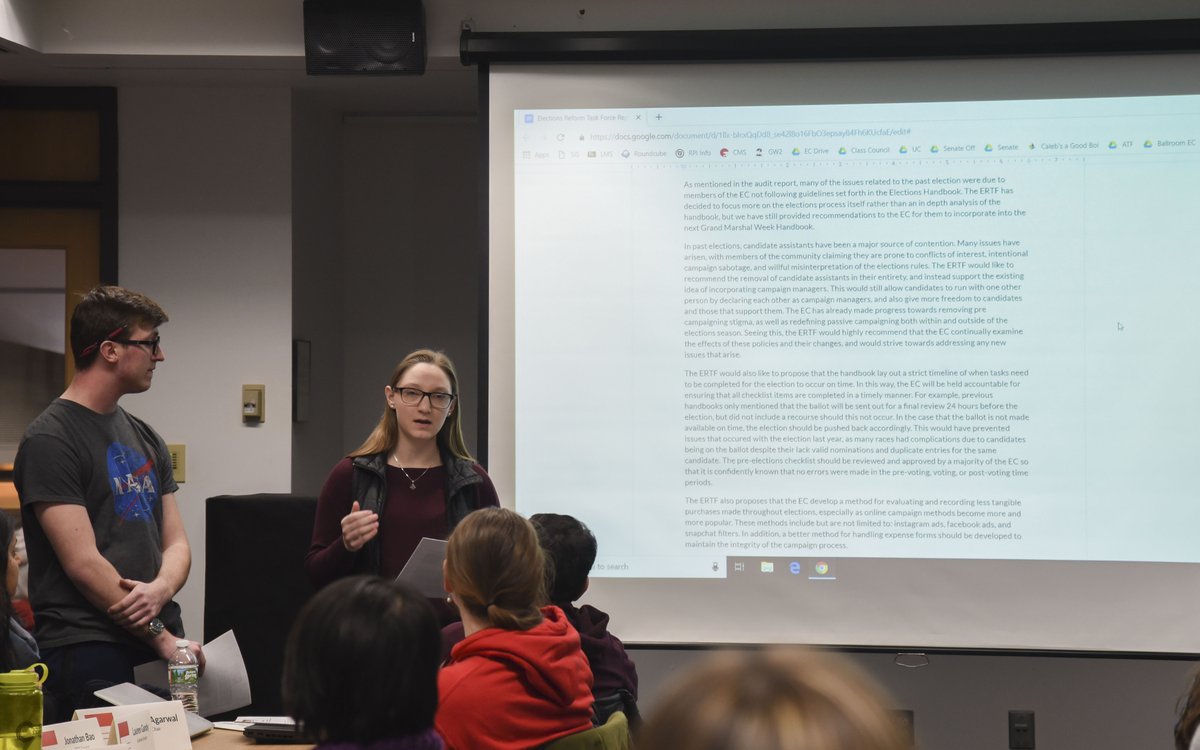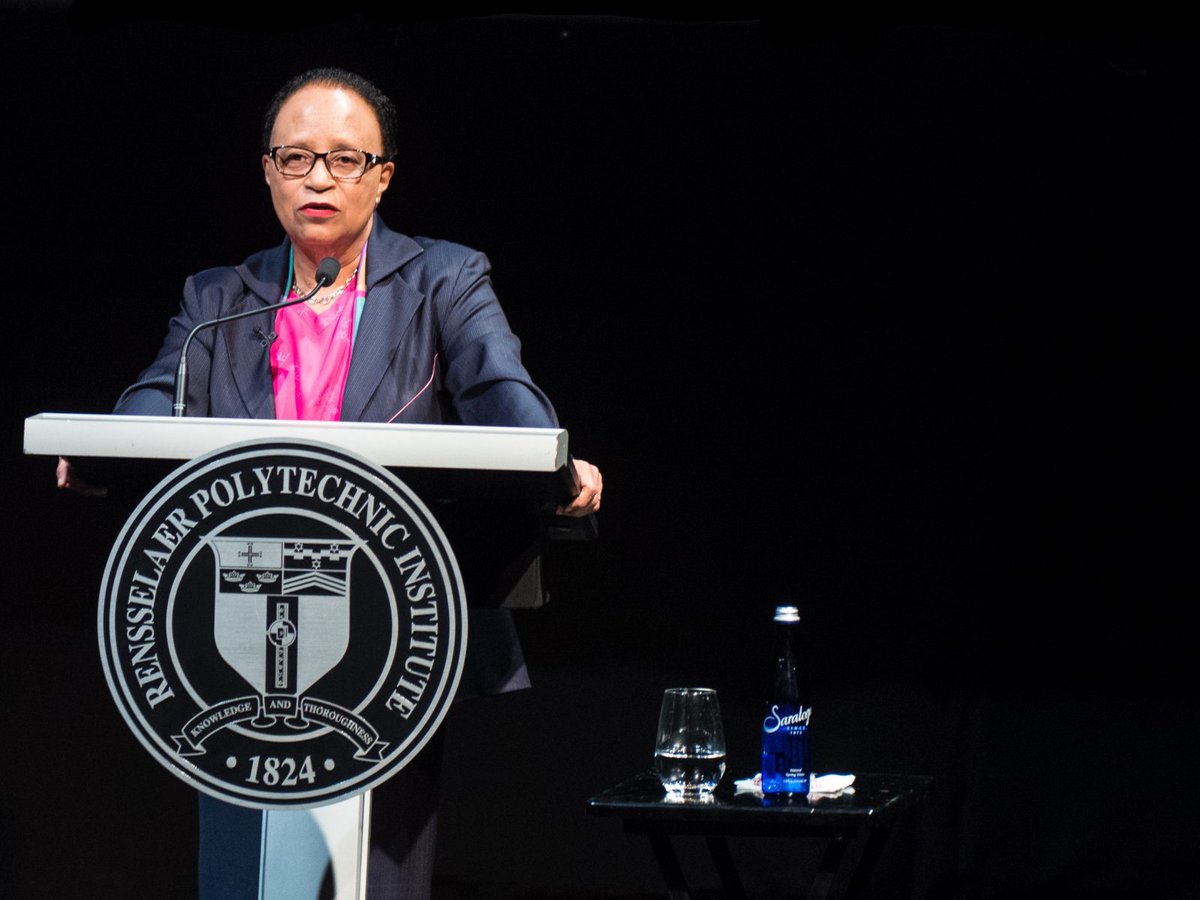‘Smells rotten’: Administrators meet with Elections Commission
The Elections Commission was summoned to a meeting with Vice President for Student Life LeNorman Strong, Vice President for Information Services and Technology and Chief Information Officer John Kolb ’79, General Counsel and Secretary of the Institute Craig Cook, and Assistant Vice President and Dean of Students Travis Apgar via an email sent on Sunday. The meeting occurred yesterday at 5 pm.
“I’ve received a number of complaints and concerns about the elections process,” began Strong. He then listed the complaints, which included that the voting system was reopened and accessed by a Union systems administrator that was a registered candidate assistant, among other issues. A number of administrators also expressed concerns about the integrity of the elections and whether the newly-elected student leadership is tainted by the appearance of issues in the process.
After relaying these concerns and stressing the importance of evaluating the legitimacy of the election with the Union systems administrator access issue specifically in mind, the administrators present left the Commission alone to discuss their intended course of action.
The Commission appeared reluctant to take any measures to restore confidence in the integrity of the process, punting the responsibility to other bodies, such as the Student Senate and the Union Systems Administrators.
In response to the Commission’s hesitation to acknowledge the implications of the voting system being accessed, Kolb asked, “In some respects, Justin has been tainted. Right? Oh, he was involved with the voting system, and was telling you guys what to do because he was the GM, while he was running for PU. So, of course he’s going to get elected as PU because he had the advantage that nobody else had. Doesn’t that sound like a problem for student government?”
Kolb later expressed that the election “smells rotten,” and that “it’s really the perception piece that’s gonna linger forever.” Early in the meeting, members of the cabinet speculated that if an elected official were perceived as improperly elected, it could strain student government’s administrative relationships.
In response to Kolb’s comment, Etzine wrote to The Poly, “Assuming your quote from Vice President Kolb is true, it is very disturbing—albeit unsurprising—that members of the RPI administration are attempting to interfere with student elections. This claim is further evidence of the administration’s attempts to undermine a student-run Union. As The Poly is well aware, there were a number of issues with the election on voting day, though none of which would call the entire election into question.”
“Given the well-supervised and benign help I provided, I believe the true motivation here is not about elections integrity, but rather an ulterior attack on the recently-elected student leaders. Based on my participation and the information I have been provided, I do not believe the election was compromised. As far as I am aware, no students have approached Grand Marshal Stef Warner, me, or anyone else in student government to air any grievances of the sort,” Etzine later continued.
Addressing the Commission, Apgar later expressed, “You should operate with the idea that there is no other group who has more responsibility for the integrity of the elections or the elections overall than this group.”
Near the end of the meeting, Strong asked the Commission to be clear and communicative about its plans moving forward. Strong outlined the steps which included performing additional research with the Union Systems Administrators and redoing the elections if there is evidence of sufficient tampering.
“From where I sit, there is enough uncertainty—and on the other hand, clear evidence—that the system as I know it was compromised—that that in and of itself would suggest that there ought to be a re-election,” said Strong.
Strong later added that a partial re-election would not “pass the smell test” and that any mistakes made in this election must be fixed for the future.
Strong expressed that he intended to send an email to the Rensselaer community addressing these issues, but wanted to hear the Commission’s conclusions first. The Commission expressed that they intended to reach out to the systems administrators as soon as possible, and would prefer to give them the entire business day to investigate and respond.
The idea of redoing elections was met with resistance from members of the Commission, such as former Graduate Council Member Anthony Bishop, who claimed that turnout would “suffer dramatically.” Bishop later expressed that the Commission had evaluated the issues with the election while certifying the results, and that it “didn’t deem the mistakes to have had too much of an impact on the election results based on the information that [they] saw.”
“Did you have all these facts?” asked Cook, in response to Bishop’s explanation. “Because, what we’re saying—what I think they’re saying is—there were people with conflict of interest who accessed the system during the election. Is there proof that they tampered and changed votes? No. Is there proof that they did not? I’m not accusing anyone, but this is how things get looked at in the world. Is there proof that they did not? No.”
During the Commission’s private discussion, Bishop expressed that “[his] problem with what’s going on right now [was that] student concerns were not brought to [the Commission] when [they were] the ones that are in charge of running the elections,” or to the Judicial Board.
Elections Commission Chairperson Caleb Caraway ’19 then asked Judicial Board Representative Lucas Davis ’20 if any cases had been brought to the J-Board. “I don’t think so. I haven’t talked to [J-Board Chairperson] Nate [James] in a few weeks—it’d be better to ask him,” Davis responded.
Caraway affirmed that everyone who verified the election results knew about the issues outlined by Strong, due to their coverage in The Poly. However, Bishop maintained that the Commission had not received any complaints directly from students.
“Redoing the referendums at least does make sense, because I didn’t even know there were referendums until the day of the elections,” Riley said later. “I also did not know that there were referendums,” added Caraway.
According to Etzine, Caraway was present at the Student Senate meeting on February 28, during which the amendments were voted on and passed. The motions passed included phrases that indicated that the amendments were to be voted on by the student body during Grand Marshal Week 2018.
Additionally, for any amendment, the Union Constitution requires its “exact wording […] to be made available to the student body through a campus-wide publication” at least two weeks before it is voted on during an election. The Commission debated whether this rule had been followed but did not make a decision.
The Commission eventually came to the conclusion that the president of the Union race was most likely to have been impacted by any tampering with the voting system because of Union Systems Administrators—who are responsible for running the voting system—being affiliated with candidates. David Raab ’19 and Rasika Ekhalikar ’18 are both Union systems administrators and were candidate assistants for President of the Union Justin Etzine ’18 and Ida Etemadi ’19, respectively.
The Commission did not discuss Raab’s also being a candidate assistant for Grand Marshal Stef Warner ’18, and it did not explore how this could have similarly impacted the race for grand marshal.
Elections Commission members present at the meeting expressed multiple times that they no longer held their positions after the conclusion of GM Week 2018 elections. However, the Elections Commission section of the Student Senate bylaws reads, “All members, with the exception of the chair, shall serve through the end of the spring semester, until replaced, or until resigned, whichever comes first. The chair shall serve until they resign or are replaced.”
In an email to The Poly, Caraway explained that “no members have resigned from the Commission” but that the Graduate Council “is in the middle of transitioning their appointee, and Andrew DiBiasio has been appointed as the interim Elections Commission appointee for the Graduate Council.” Caraway added that Bishop—who was on the Commission during GM Week 2018 and was the Grad Council appointee— is “still serving for input and expertise.”
Darby Burns contributed reporting.

 Student Senate
Student Senate
 Town Meeting
Town Meeting
 Student Senate
Student Senate
 Town Meeting
Town Meeting